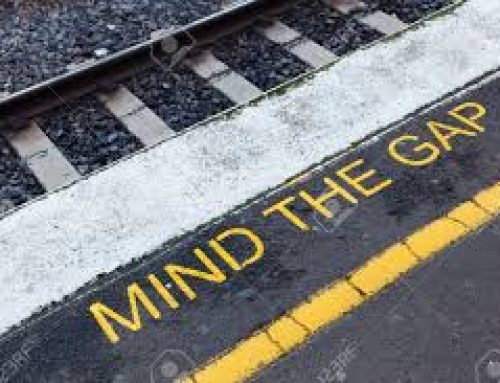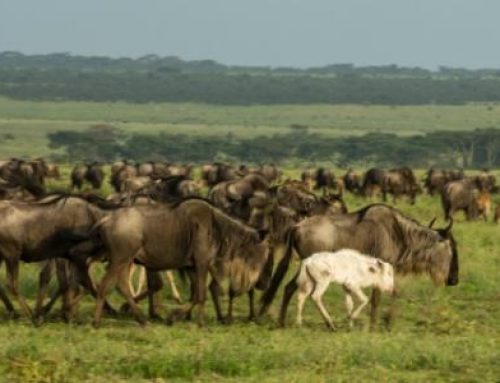This references a parable in Luke 18:9-14…
Recently I have really appreciated being a city kid and moving to the country because I have be able to learn more about farming and food. I think it has really helped me appreciate and understand more about what farmers have to deal with.
One thing I have come to appreciate is how much of a great endeavor it is. There is this incredible lead up to harvest which is hard to under-appreciate: all kinds of effort, expense, thought, energy and time – all put in for one result. And so it is clear to see why harvest has such an association with thanksgiving and gratitude. There is so much put into it. So in farming there is this notion of a Great Endeavor…
The other thing I have appreciated is what I have come to think of as the presence of fragile moments during the life-cycle of a crop: times when things can go south very quickly. I heard one farmer talk recently about how tenuous is the time between when a soybean plant loses its leaves and is ready for harvest and when it actually is harvested. It is during this time that even the slightest hail or even a high wind storm can burst open the bean pods and leave them all on the ground, unable to be harvested.
Or talking with a farming family from this church, I was fascinated to learn that when you are growing popcorn, you have to be so careful in your harvesting: even the smallest percentage of grit, gravel or sand can make your corn unusable. So that fragile moment they must experience wondering “how well did we do at not picking up stuff that is not supposed to be there?” – what a tenuous time that must be.
In looking back on these conversations I sensed that underneath them both was this notion of how important it was to name the reality of the moment. The farmers do all they can to not get into a mess at these times, but they also don’t shy away from naming the potential for the mess or that they are right in the thick of it when things don’t go so great. Being able to call it what it is, is important.
Naming or describing our reality is held up by lots of thinkers and philosophers as one of the greatest human gifts. This is when you are able to genuinely look around and name where and when you are in relation to the world around you…when you do this well you pull no punches and accurately place yourself where needed, even if that is in the tenuous middle of things that is so uncomfortable to acknowledge. Theresa Mancuso – an educator and a nun in NYC – highlights this by writing that “the thing we desperately need is to face the way it is”.
We don’t always face difficult things well though, because it feels so uncomfortable. I think our tendency is to name ourselves on the “right” side of the fragile moment and avoid getting into the messiness by justifying where we placed ourselves. When things get desperate we locate ourselves in some kind of position along with some kind of self-righteousness that helps us justify and feel good and safe about where we are. Kind of like “whew, thank goodness I am over here and not over there.”
However, when we name the reality like this it is not quite genuine, is it? It is more one-sided in a way that lets us avoid the desperation. Which actually makes sense for it feels much safer: who wants to feel desperate when you can easily avoid it by being ‘right’ about something? This is how the Pharisee comes across in the parable that Luke tells.
Rudyard Kipling, wrote “All the people like us is We and everyone else is They”. Every time we pick one of these ‘safe’ sides, we separate ourselves from others by attending to our side and getting ‘right’ about it. We create a We and a They, and we place ourselves on a righteous side of reality that lets us safely avoid dealing with the reality of what is in the middle – in the gap – right in the heart of the fragile moment.
It seems that during the last several months, the trap of putting ourselves in one group or another has been so easy to do. There are silos and sides all around us, within easy reach. It doesn’t take much to pick a side, and when we do, we get to avoid genuinely naming the fragile moment that is in-between.
But if we take even a moment to look at it, the desperateness is apparent in so many directions: whether it is in Aleppo in Syria or here in the U.S. with the disenfranchisement of the wealth inequality or the abuse and assault experienced by women; all that has been uncovered recently is all right there for us to name…or not. And there is the trap: our tendency is to choose a side and justify where we place ourselves, but the gap and the desperation and the tenuousness is still there even if the side we choose is ‘right’. The fragility remains no matter which side we agree with.
And so it may be that including ourselves in the tension and desperation – actually inserting ourselves in some way into the gap that is separating the We and the They is what is most needed. Getting into the muck and the mire truly brings the reality of the situation into closer proximity. It allows us to touch and deal with the reality in a way that placing ourselves in righteous land does not allow for.
And so I think this is our Great Endeavor. If we want to stand back and look at how to get to harvest time – this joyous time when we can look around and say “wow, we did it, we made it” – when we stand back and look at how to get there, it must be by willfully naming our complete reality. It must include us crying out – like the tax-collector – recognizing that we are indeed a mess and that the WE is not just a collection of a certain group that is separate from other certain groups. It is a WE that includes THEY. It is a WE that includes the whole kit and caboodle. It is a WE that has to be coming from a place of humble and even desperate recognition that our harvest – our well-being in the face of this fragile moment – must include everyone and everything.
When we do that it has us then mind the gap. It has us connect ourselves and locate ourselves within the gap. Not standing safely on one side or the other while we thumb our noses across the void, it actually has us in the void swimming – maybe even flailing around – all while crying out to each other, to the god in each other, for some mercy; for the joint naming of the fragile moment.



Leave A Comment